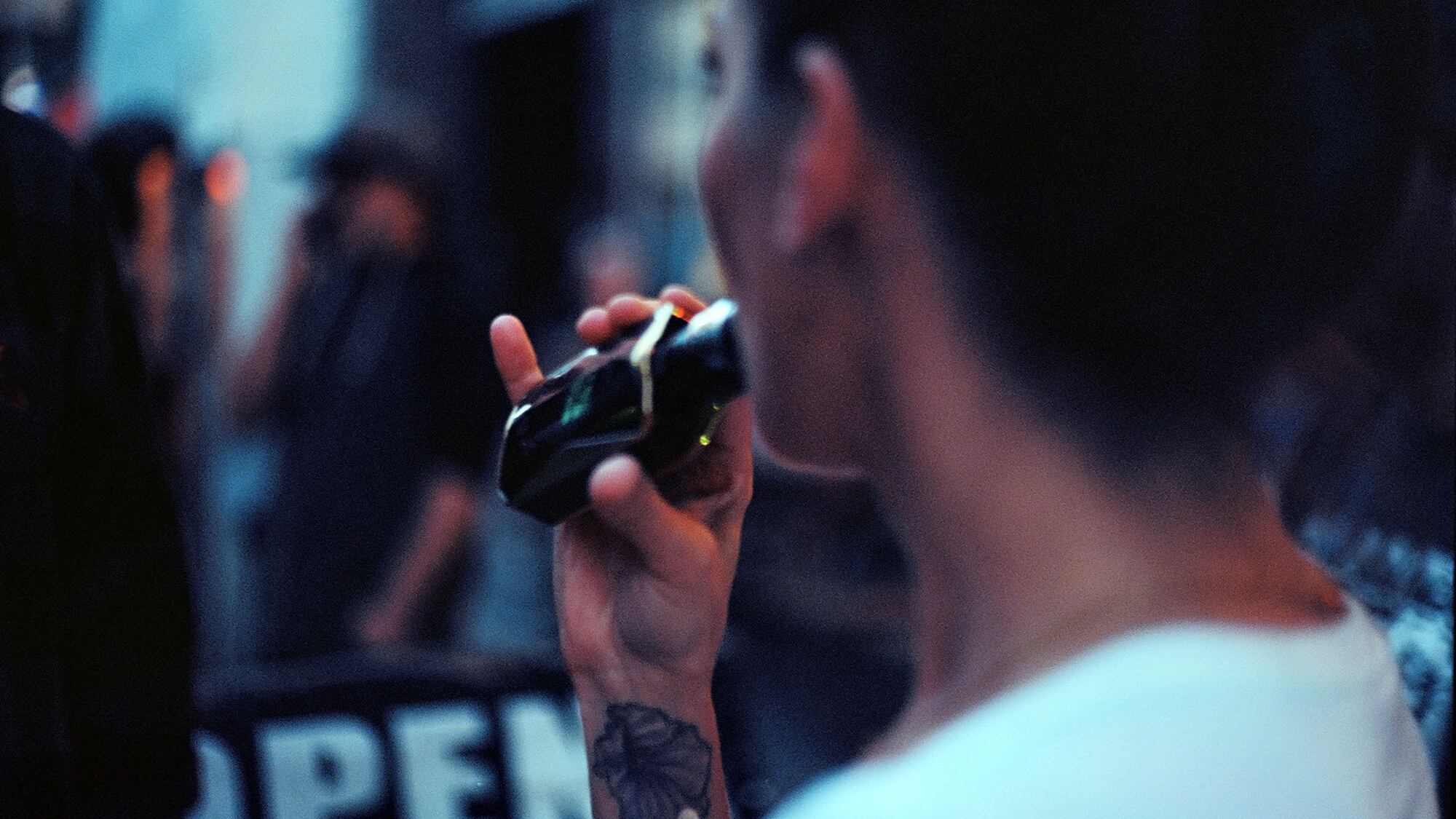A tribal police officer in Tacoma, Wash. has sued six licensed vaping product manufacturers in Washington state and a Chinese manufacturer of vaping devices.
Charles Wilcoxen, 44, is a Puyallup tribal police officer, who filed a lawsuit in Pierce County Circuit Court on Sept. 23. The lawsuit alleges that Wilcoxen used a vaping device and vape pods containing THC, the psychoactive component in marijuana, to relieve pain and insomnia because he believed they were a healthier alternative to smoking traditional cigarettes.
On Sept. 11, he says, he started to have trouble breathing and was quickly hospitalized for lipid pneumonia. He remained there for three days before being released.
Many of the illnesses being investigated by the Centers for Disease Control and Prevention have been named as lipid pneumonia, where build-up of fat particles clog the lungs and essentially suffocate the patient.
The lawsuit claims that Wilcoxen started vaping in January of 2018 using a vape pen manufactured by the Chinese brand Ccell that was sold by the Washington-based cannabis distributor Canna Brand Solutions.
“The Chinese government has a consistent history of refusing to enforce judgments from courts in the United States. This allows Chinese companies doing business in the United States to evade liability for harming Americans,” the lawsuit reads.
Five other defendants who Wilcoxen says he bought THC- containing vape pods from are named in the lawsuit: Conscious Cannabis, Rainbow‘s Aloft, Leafwerx, MFused, and Janes Garden.
The lawsuit claims that Ccell was negligent by creating, manufacturing and distributing the vaporizer—but acknowledges that the plaintiff will most likely not get far in pressing charges against a foreign company: “As a Chinese corporation, it is highly probable that the claimant, Plaintiff, will be unable to enforce any judgment against the company.”
The lawsuit claims Canna Brand Solutions neglected its duties to make sure that vape pods “would be free of defects, and fit for human consumption,” along with the five other vape pod companies named in the document who are being sued for negligence and under strict liability—meaning that the defendant only has to prove that injuries occurred despite proper usage from product to hold the defendant liable, but does not necessarily have to prove direct fault.
The lawsuit adds that potential additives to vape pods could be the culprit for Wilcoxen’s illness: “Marijuana is generally banned under federal law. The field is ripe for predatory and dangerous products. This endangers American consumers.”
Some national health authorities speculate that additional dilutants, or cutting agents, may be added to both legal and illegal vaping products without knowledge from licensed shops.

